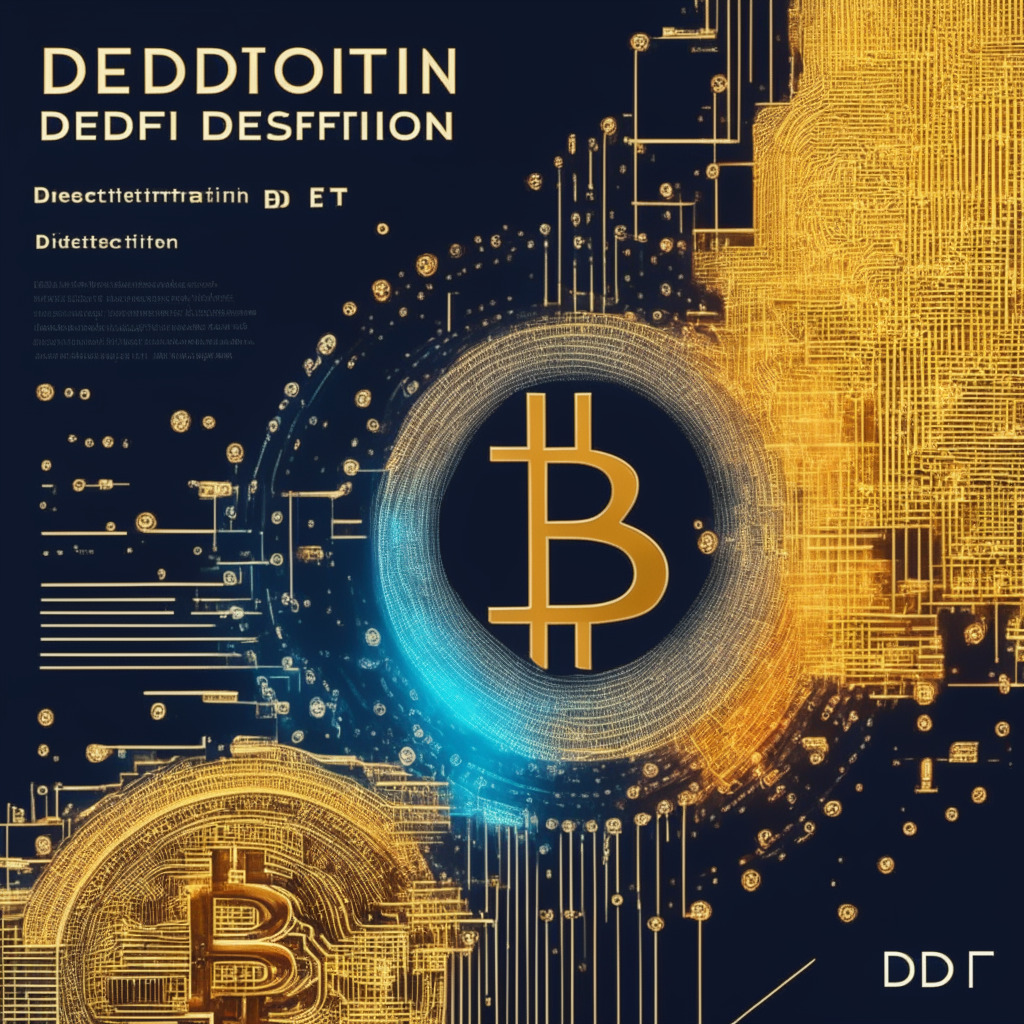In a recent DAO community poll, a proposed V3 fee switch by GFX Labs faced a split vote scenario which held back the proposal despite having popular support. The idea was to charge liquidity providers a fraction of fees across Uniswap V3 pools and redistribute the earnings to the UNI community. More than 50% of UNI tokens were in favor of turning on fees, but it still did not pass the feedback proposal.
The proposal failed due to being “structured incorrectly,” according to Blockworks co-founder Jason Yanowitz. The vote was divided between a range of options with different fee fractions while only offering a single “no fee” vote. This led to a total of 22 million UNI voting in favor of some form of fee, but the 18 million against fees ended up winning.
The proposal could have benefited from two separate polls. One should have dealt with the fee switch’s yes or no aspect, and if the vote resulted in ‘yes,’ the next poll would determine the fee’s size. Instead, the first poll tried to determine fee options, followed by a second poll regarding the initial deployment chain and a third deciding on assets held in the treasury.
Despite the failed vote, Yanowitz believes that the fee switch is getting closer to acceptance. Framework Ventures co-founder Vance Spencer agrees, stating that “consensus is building” and it is just a matter of time before the fee switch happens.
On the topic of personal liability, Mike Ippolito, Bell Curve podcast host and Blockworks co-founder, suggests that individual delegates at Uniswap may be hesitant due to a recent SEC lawsuit against LBRY. The lawsuit implied that the limited liability protection enjoyed by corporations in the United States might not extend to DAOs, which could make tokens look more like securities when fees are switched on.
However, some argue that now is not the right time for a fee switch. Yanowitz cites the legal and tax implications as massive risks. Additionally, turning on the fee switch during a bear market would waste a significant opportunity in bull markets.
On the other hand, Ippolito believes that taking risks now is essential, as the stakes feel higher, and competition is fiercer during bull markets. The bear market’s relatively calm nature provides a chance to experiment and learn. The debate between timing and regulatory concerns continues, but the consensus is growing, and a fee switch in the future seems inevitable.
Source: Blockworks




